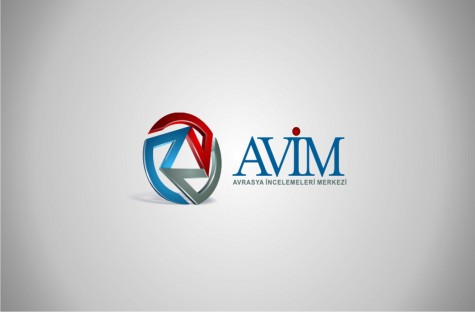
The finals of the Eurovision Song Contest 2015 took place in Vienna, Austria on May 23, 2015. The contest was won by Mads Zelmerlow who represented Sweden with the song “Heroes”. Contrary to expectations, Armenia’s song “Face the Shadow” performed by the group Genealogy was placed 16th among 27 participants in the finals[1] – a result that certainly proved to be a disillusionment.
The group Genealogy who performed the song “Face the Shadow” consisted of six members – five members from the Armenian diaspora in five continents and one member from Armenia. It was reported that the group was inspired by the forget-me-not flower.[2] The group was supposedly promoting peace, love and unity and the idea of “Building Bridges”, which is the slogan of the 2015 Eurovision Song Contest.[3]
However, the song, the music video, the performance, etc. was quite the opposite of the positive ideas which the group was supposedly promoting. Certainly, on the 100th anniversary of the First World War time losses which is fashionably labeled as “Armenian Genocide”, it is very clear that Armenia tried to use Eurovision as a means for propaganda and thus be successful in the contest.
First and foremost, “Face the Shadow” was a song full of political subtexts. Despite the rules of the contest clearly states that lyrics of a song performed in the contest should not contain any political messages, the song contained political messages. Its original title “Don’t Deny” and its lyrics[4] contained references to wartime losses of the Armenians and conveyed the political message calling for the worldwide recognition of ‘genocide’. The words “Don’t Deny” continually repeated in the lyrics was clearly intended for Turkey (and Azerbaijan). Although Armenia denied the fact that it contained political subtexts, the title was later changed to “Face the Shadow” to supposedly remove any suggestion of political intent. However the lyrics remained the same. It is obvious that the word ‘shadow’ in the new title and in the lyrics imply the ‘evil’ done by the Turks against Armenians.
Furthermore, the music video of the song also had a dark and political theme. Most notably, the scene in which members of a family posing for a family photo in World War I-era outfits - an obvious representation of Armenians in the Ottoman Empire during the First World War - are one by one disappearing is clearly an allusion to their political message.
The performance of Genealogy in the finals was also quite interesting. Contrary to the ‘peaceful and positive’ nature of the song, the performance was pretty dark that one could feel that he was really ‘facing the shadow’ – no pun intended. Some critics even compared the group to vampires[5] and medieval druids.[6] It seems that they went overboard in order to give a political message.
In the end, Armenia’s Genealogy could not live up to the hype and failed badly. Although it was predicted by some that “Face the Shadow” would be high on the score sheet,[7] Armenia only became 16th in the contest. Armenia was given full points (12 points) only by Georgia, which is somewhat understandable as it is a tradition in the Eurovision to give high points to neighbors. However, most notably, only 6 points (the second highest score for Armenia) was awarded by Russia, which is a close ally of Armenia and has the largest Armenian diaspora community outside of Armenia. Furthermore, France, also a close ally of Armenia and a country with a large Armenian community, only awarded 3 points.
Armenia obviously thought that politics and propaganda would elevate their song but it is clear that Armenia’s political propaganda song did not have the expected effect on the audience. The false messages conveyed in the song did not influence the audience’s choice. Also Russian President Putin’s and French President Hollande’s participation in the ceremonies held in Yerevan and all the demonstrations of solidarity did not reflect into the contest. It should be underlined that Eurovision is only a song contest and not a platform for politics and Armenian allegations.
As could be inferred from the song, Armenia accuses Turkey for denying the “Armenian genocide”. But how can Turkey deny something that is not a legally and historically proven fact, truth etc.? There is no international court decision that claims the events during the First World War amounted to genocide. Despite Turkey’s efforts to reveal the truths such as the proposal to establish commission of historians, Armenia continues to ignore these efforts. They overlook all of evidence that refutes their arguments and claims. Armenia also inflates the number of Armenian casualties in order to dramatize the wartime losses. Furthermore, they also deny the sufferings of the Turks at the hands of the Armenians during the revolts and conflicts prior to the war and later in collaboration with the Tsarist Russian army in the east and the French army in the south during the First World War.
To sum up, Armenia’s “Genealogy” project in the Eurovision was a failure. “Face the Shadow” had nothing to do with “Building Bridges” or peace, love and unity. Their goal of introducing political claims to large masses was not achieved and just like the centennial ceremonies and other events, it did not have any effect other than maybe satisfying the Armenian public opinion. Ultimately, these increasing efforts of hatred-mongering and defamation of Turks and Turkey by Armenia does nothing more than further deteriorating Turkey-Armenia relations and blocking the way for reconciliation.
[2] The forget-me-not flower is the symbol of “Armenian Genocide” Centennial. The five members from diaspora is supposed to represent the five petals of the flower while the center of flower is supposed to be represented by the member from Armenia.
[6] http://www.telegraph.co.uk/culture/tvandradio/eurovision/11620062/what-we-learnt-from-eurovision-2015.html
[7] The Guardian even predicted that Armenia would win the Eurovision 2015 http://www.theguardian.com/news/datablog/2015/may/22/eurovision-2015-guardian-data-driven-prediction?CMP=share_btn_fb
© 2009-2025 Center for Eurasian Studies (AVİM) All Rights Reserved
No comments yet.
-
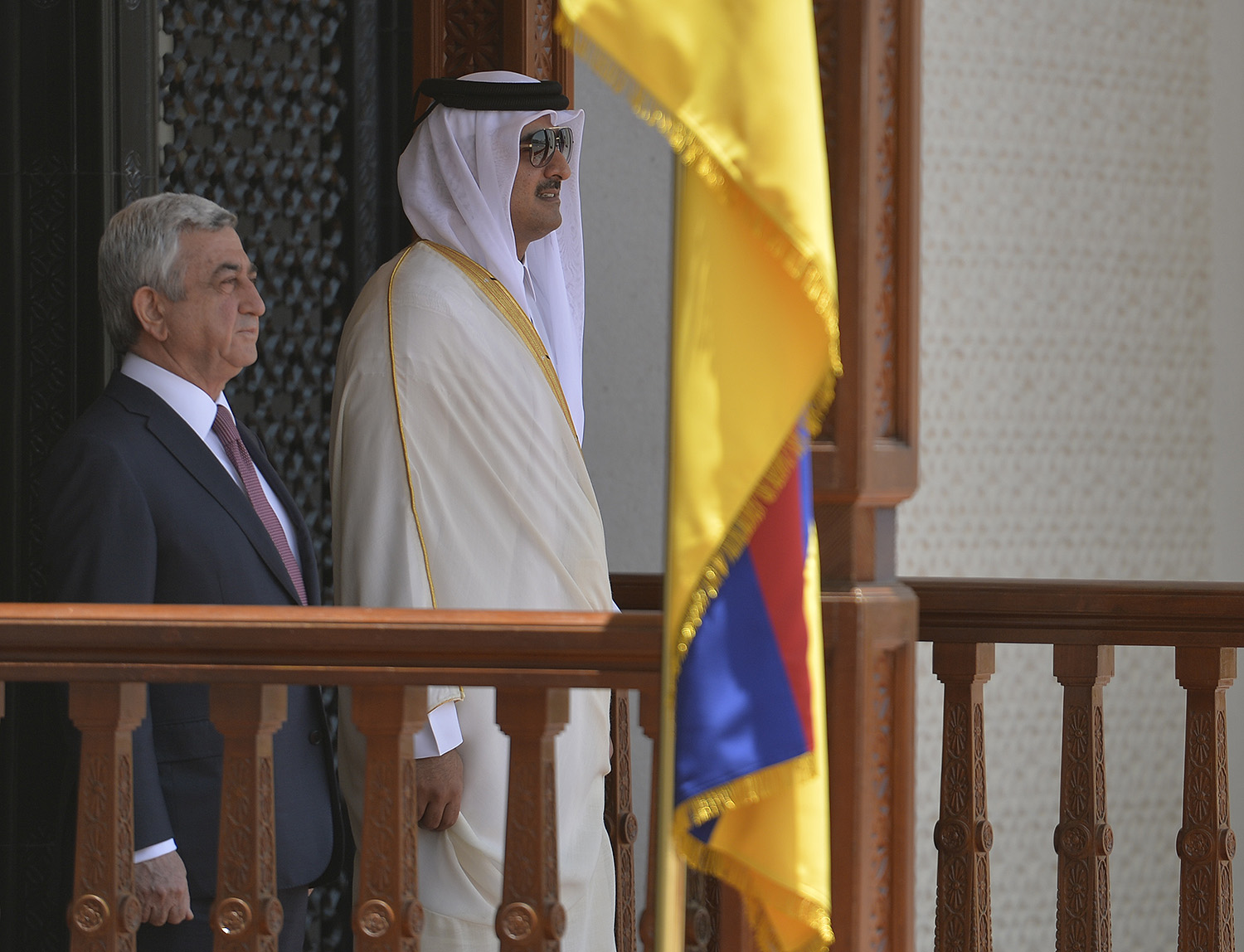 ARMENIA ON IRAN’S PATH TO THE GULF
ARMENIA ON IRAN’S PATH TO THE GULF
Ali Murat TAŞKENT 12.06.2017 -
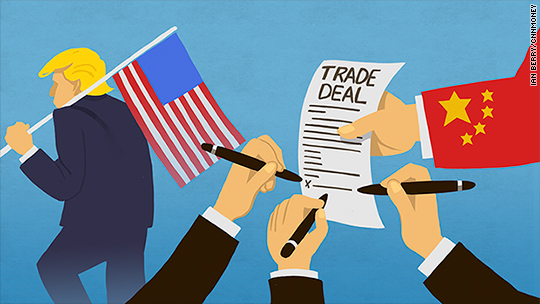 CHINA’S RISING PROFILE IN THE PACIFIC
CHINA’S RISING PROFILE IN THE PACIFIC
Ali Murat TAŞKENT 26.01.2017 -
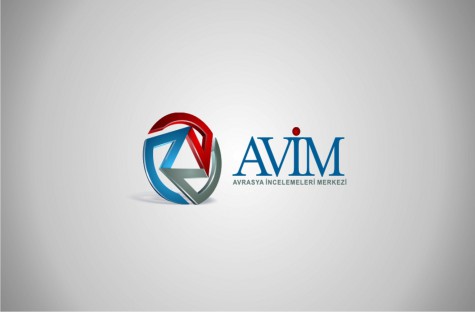 SERZH SARGSYAN’S RECENT CONTACTS WITH THE EUROPEAN PEOPLE’S PARTY
SERZH SARGSYAN’S RECENT CONTACTS WITH THE EUROPEAN PEOPLE’S PARTY
Ali Murat TAŞKENT 25.10.2015 -
 VICTIMIZED TURKS IN SWITZERLAND
VICTIMIZED TURKS IN SWITZERLAND
Ali Murat TAŞKENT 16.11.2015 -
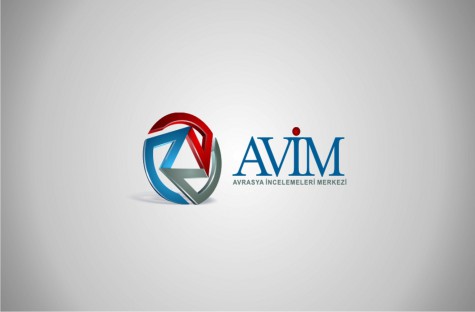 CONTRADICTIONS REVEALED WITH THE DEBATES ON SREBRENICA IN THE UN
CONTRADICTIONS REVEALED WITH THE DEBATES ON SREBRENICA IN THE UN
Ali Murat TAŞKENT 12.07.2015
-
ARMENIA IS MARKETING ITS GEO-STRATEGIC POSITION
Alev KILIÇ 08.11.2012 -
 RENEWED EFFORTS TO MANIPULATE PUBLIC AND SCHOLARLY DISCOURSES ON THE ARMENIAN QUESTION BY FINANCIAL MEANS
RENEWED EFFORTS TO MANIPULATE PUBLIC AND SCHOLARLY DISCOURSES ON THE ARMENIAN QUESTION BY FINANCIAL MEANS
AVİM 08.03.2021 -
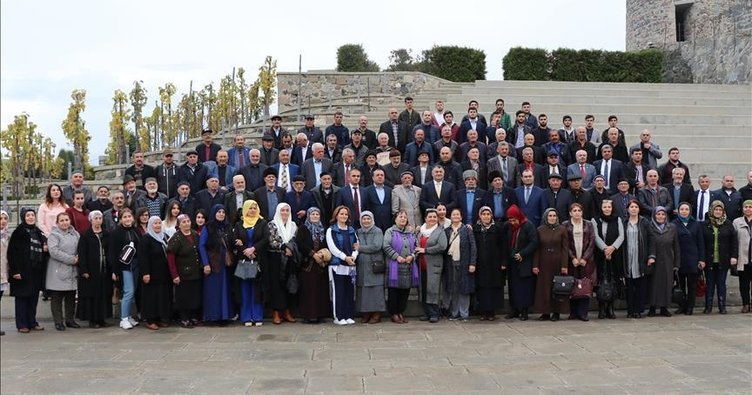 GEORGIA-TURKEY RELATIONS IN THE CONTEXT OF THE MESKHETIAN TURKS ISSUE
GEORGIA-TURKEY RELATIONS IN THE CONTEXT OF THE MESKHETIAN TURKS ISSUE
Şevval Beste GÖKÇELİK 18.12.2020 -
MEXICO AND THE ARMENIAN DILEMMA (2)
Alev KILIÇ 15.11.2012 -
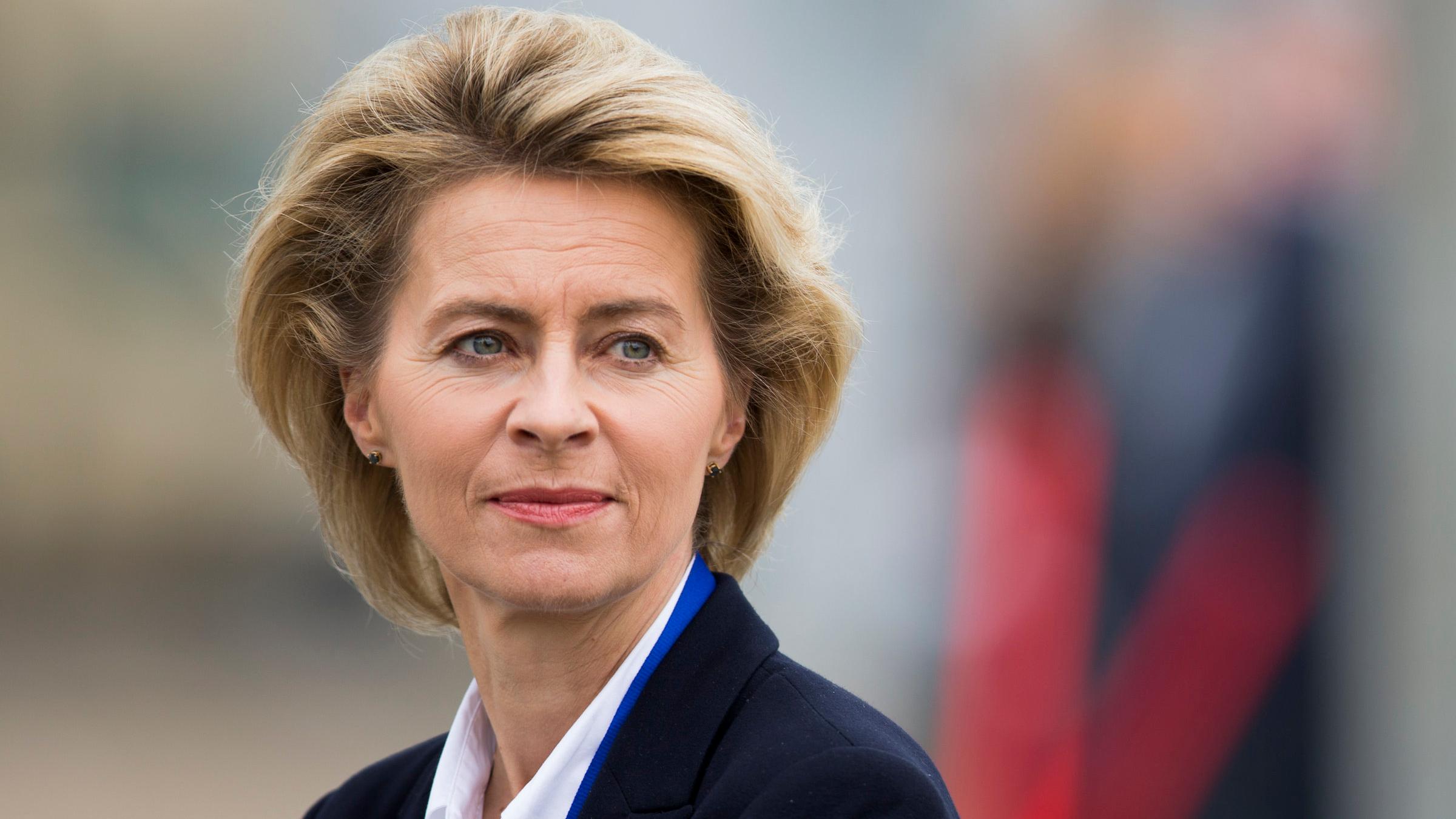 EUROPEAN COMMISSION PRESIDENT DISREGARDS DIPLOMATIC COURTESY
EUROPEAN COMMISSION PRESIDENT DISREGARDS DIPLOMATIC COURTESY
Hazel ÇAĞAN ELBİR 27.07.2021
-
25.01.2016
THE ARMENIAN QUESTION - BASIC KNOWLEDGE AND DOCUMENTATION -
12.06.2024
THE TRUTH WILL OUT -
27.03.2023
RADİKAL ERMENİ UNSURLARCA GERÇEKLEŞTİRİLEN MEZALİMLER VE VANDALİZM -
17.03.2023
PATRIOTISM PERVERTED -
23.02.2023
MEN ARE LIKE THAT -
03.02.2023
BAKÜ-TİFLİS-CEYHAN BORU HATTININ YAŞANAN TARİHİ -
16.12.2022
INTERNATIONAL SCHOLARS ON THE EVENTS OF 1915 -
07.12.2022
FAKE PHOTOS AND THE ARMENIAN PROPAGANDA -
07.12.2022
ERMENİ PROPAGANDASI VE SAHTE RESİMLER -
01.01.2022
A Letter From Japan - Strategically Mum: The Silence of the Armenians -
01.01.2022
Japonya'dan Bir Mektup - Stratejik Suskunluk: Ermenilerin Sessizliği -
03.06.2020
Anastas Mikoyan: Confessions of an Armenian Bolshevik -
08.04.2020
Sovyet Sonrası Ukrayna’da Devlet, Toplum ve Siyaset - Değişen Dinamikler, Dönüşen Kimlikler -
12.06.2018
Ermeni Sorunuyla İlgili İngiliz Belgeleri (1912-1923) - British Documents on Armenian Question (1912-1923) -
02.12.2016
Turkish-Russian Academics: A Historical Study on the Caucasus -
01.07.2016
Gürcistan'daki Müslüman Topluluklar: Azınlık Hakları, Kimlik, Siyaset -
10.03.2016
Armenian Diaspora: Diaspora, State and the Imagination of the Republic of Armenia -
24.01.2016
ERMENİ SORUNU - TEMEL BİLGİ VE BELGELER (2. BASKI)
-
AVİM Conference Hall 24.01.2023
CONFERENCE TITLED “HUNGARY’S PERSPECTIVES ON THE TURKIC WORLD"









